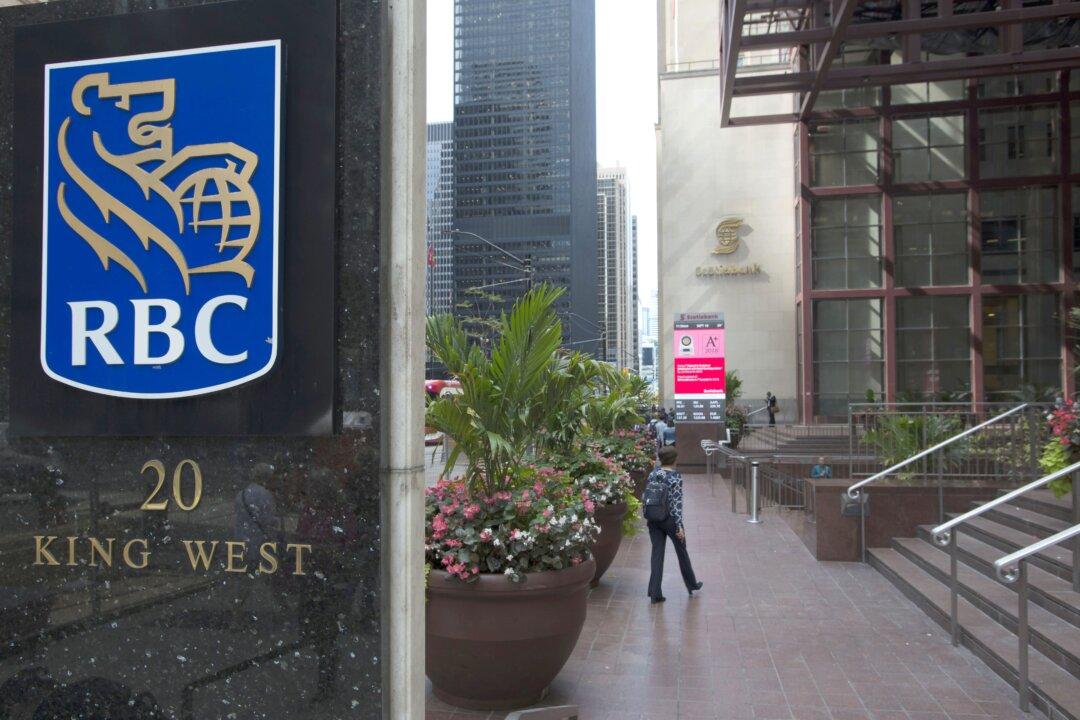The Royal Bank of Canada is predicting a short recession in the Canadian economy in 2023, a prediction economists say is not unreasonable but is also not certain.
RBC analysts Nathan Janzen and Claire Fan predicted negative GDP growth of 0.5 percent in the second and third quarters of 2023, which qualifies as a recession—a period of economic decline signified by two consecutive quarters of negative GDP growth rates.





